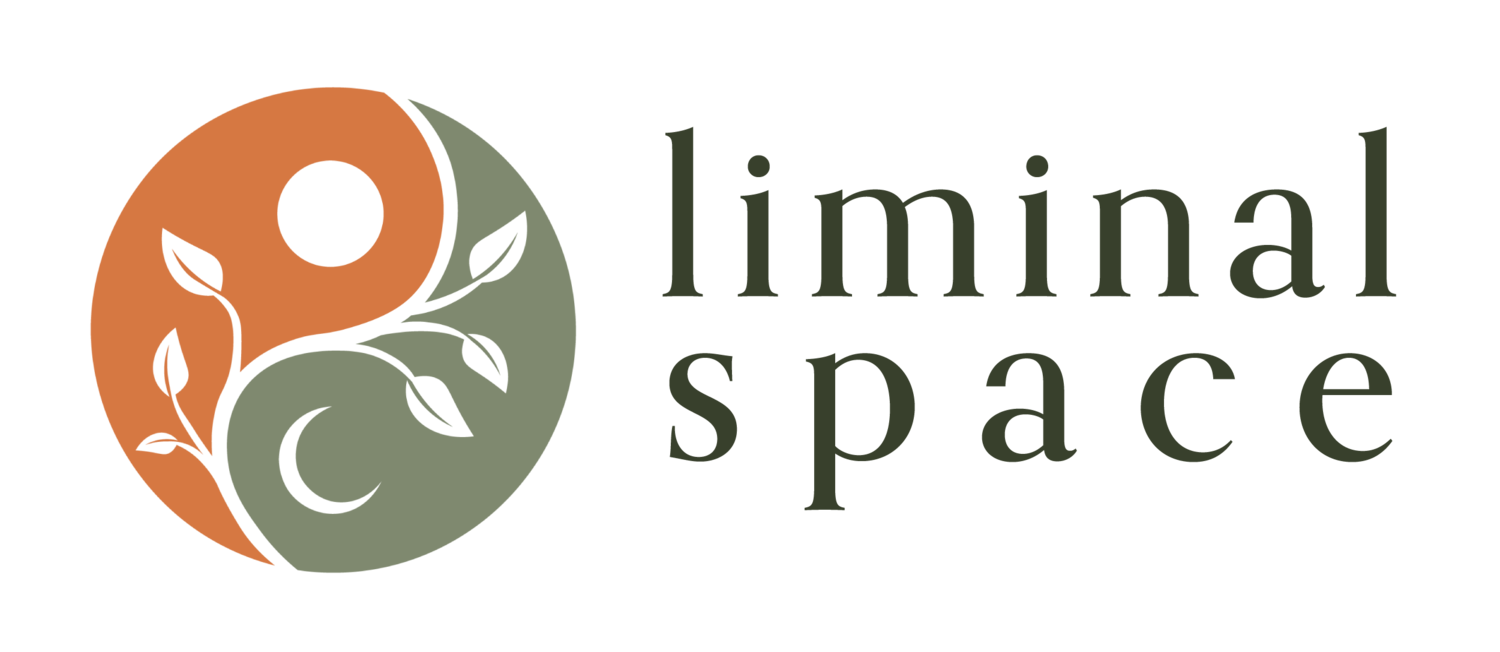My contribution to racism: An uncomfortable truth.
In 2016, I was blindsided by the results of our presidential election, but my black friends weren’t. As I watched the SNL skit where Chris Rock and Dave Chappelle made fun of their white friends for being shocked by the results, I felt a little defensive and ashamed knowing it was me they were mocking. Having studied the Inner Shadow for the last 11 years I know that when defensiveness and shame appear, it’s an indicator that a Shadow is lurking close by. So, I decided to do some digging.
I sat down with a couple of my black friends and talked to them about their experiences. I heard stories that made me furious. They were very generous with their time and insight, but I quickly realized how tired they were of having to explain their experience one more time, to one more white person. So, I turned to authors like James Baldwin and Audre Lorde. I watched civil rights documentaries and listened to the civil discourse on TV and talk shows hosted by black people. I read, consumed, and listened as actively as I could. I stopped sharing my opinion and opened my ears to their voices. I was humbled by my ignorance.
As I learned more about the experiences of black people in America, I became aware of an ugly part of me I didn’t know existed—it’s what I have come to understand as the white-liberal-middle-class’s contribution to racism, which is comfortable ignorance.
I grew up in a liberal family and in a liberal town. My father was a brown man who experienced his fair share of racism. He had a graduate degree, but the only work he could find with his broken English and dark skin was as a gas station attendant in the outskirts of town.
As a woman I know what it feels like to be treated as a subpar citizen.
Although being a woman and the daughter of an immigrant helped me see the imbalances more clearly, prior to my exploration of the black experience, I lived in a story that my treatment was the same as theirs. But, what I discovered four years ago was that I was only scratching the surface of what black people deal with on a day to day basis in the United States.
I present as white, so I am treated white, which means I have the luxury of distancing myself from things that feel uncomfortable.
When I see or hear about injustice, I shake my fist at the sky and rant about it, but then I return to the comfort of my safe and stable life.
There is no risk for me.
I am not afraid of the police; they always treat me with respect and laugh when I get mouthy.
I’ve received offer letters from almost every job I ever applied for.
People smile and talk to me on the street.
Strangers ask me to watch their bags when they go to the bathroom at the airport.
No one is afraid of me simply because of my skin-tone.
On Memorial Day of 2020, a black man named Chris Cooper was in Central Park bird watching. Nearby, a white woman named Amy Cooper (unrelated) was walking her dog off leash. Dogs are not allowed off leash in this part of the park because it is an area specifically designated for bird-watching. Chris asked Amy to put her dog on a leash. Instead, she yelled at him and called the cops claiming there was a “belligerent black man threatening her life”, which—from the video Chris was taking—was very clearly not the case. Chris stood there quietly filming Amy in a full display of rage and aggression.
As I watched the video of Amy Cooper consciously using her white privilege as power over Chris Cooper, I felt enraged and disgusted. I was so uncomfortable watching it that I turned it off before it was over. That is when I realized one of the ways I use my privilege: I get to look away and not deal with Chris Cooper’s daily reality. In doing that, I leave him alone to fight this fight; a fight he shouldn’t have to deal with in the first place.
The Shadow says: whatever repulses you, reflects you.
I could defend myself and say that my behavior looks nothing like Amy Cooper’s (I feel my internal defenses bubbling even as I prepare to write the next line), but in truth, it’s the same: we both use our white privilege for our own convenience and at the cost of others. Racism is not a black person’s problem, though they are the ones that are left to deal with it. Racism is a white person’s problem, yet I choose to not involve myself with it.
When I think about my values, the kind of person I want to be and the world I want to live in, I have no choice but to keep a steady gaze on my Shadows. Turning away is too painful and damaging to others. In my ideal world, there is peace between us, because everyone is willing to uncover the stories that hold their Shadows in the dark. When we are bold enough to bring those parts of us to light, we stop making others carry them for us.
That is true freedom.

